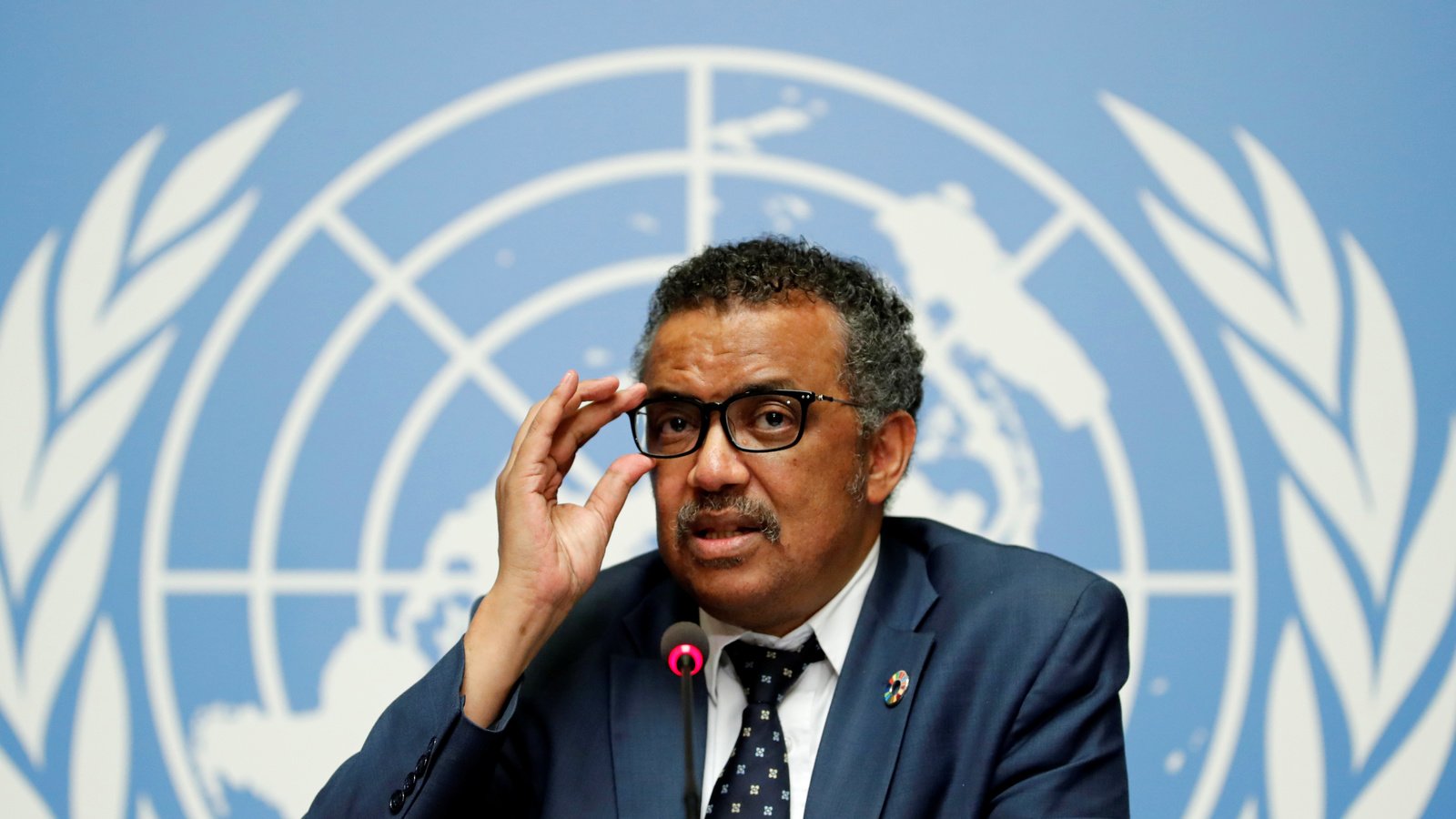By Tedros Adhanom Ghebreyesus
One million people have now been lost to Covid-19 and many more are suffering because of the pandemic. This milestone is a difficult moment for the world but there are glimmers of hope that encourage us now and in the near future.
Just nine months on from the virus first being identified, some of the best scientists in the world have collectively developed tests to diagnose cases, identified treatments like corticosteroids to reduce mortality in the most severe cases of Covid-19, and produced vaccine candidates that are now in final phase three trials.
While we await further breakthroughs, we have seen that the virus can be effectively contained through the application of tried and tested public health measures.
Many countries have driven an all-of-government, all-of-society response. With the right preparedness infrastructure in place, they were able to act early to contain outbreaks before transmission got out of hand.
Italy was one of the first countries to experience a large outbreak outside China, and in many ways was a pioneer for other countries. Learning from the Wuhan experience, Italy put strong measures in place and was able to reduce transmission and save many thousands of lives. National unity and solidarity, combined with the dedication and sacrifice of health workers, and the engagement of the Italian people helped bring the outbreak under control.
Although the Americas has so far been the most-affected region, Uruguay has reported the lowest number of cases and deaths in Latin America, both in total and on a per capita basis. This is not an accident. Uruguay has one of the most robust and resilient health systems in Latin America, with sustainable investment based on political consensus on the importance of investing in public health.
There are many other examples including Cambodia, Mongolia, Japan, New Zealand,the Republic of Korea, Rwanda, Senegal, Spain, Vietnam and more. Many of these countries learnt lessons from previous disease outbreaks of SARS, MERS, measles, polio, Ebola and flu to hone their health system and respond to this new pathogen.
But the key lesson is the same: No matter where a country is in an outbreak, it is never too late to turn things around.
There are four essential steps that all countries, communities and individuals must focus on to take control of the epidemic.
First, prevent amplifying events. Covid-19 spreads very efficiently among clusters of people.
Second, reduce deaths by protecting vulnerable groups, including older people, those with underlying conditions and essential workers.
Third, individuals must play their part by taking the measures we know work to protect themselves and others – stay at least one metre away from others, clean your hands regularly, practice respiratory etiquette, and wear a mask. Avoid the “three Cs”: Closed spaces, crowded places and close-contact settings.
And fourth, governments must take tailored actions to find, isolate, test and care for cases, and trace and quarantine contacts. Widespread stay-at-home orders can be avoided if countries take temporary and geographically-targeted interventions.
The global economy is expected to contract by $7 trillion in 2020 as a result of the pandemic. Only by tackling it together, will lives and livelihoods be restored.
It needs $35 billion to meet the goal of developing new tools and producing and delivering 2 billion vaccine doses, 245 million treatments and 500 million diagnostic tests over the next year. That’s just 1% of what G20 governments have already committed to domestic economic stimulus packages.
While today’s milestone gives us pause for reflection, this is a moment for us all to come together, in solidarity, to fight back against this virus.
History will judge us on the decisions we do and don’t make in the months ahead. Let’s seize the opportunity and bridge national boundaries to save lives and livelihoods.
(Tedros Adhanom Ghebreyesus is Director-General, WHO). The article appeared in The Hindustan Times)










